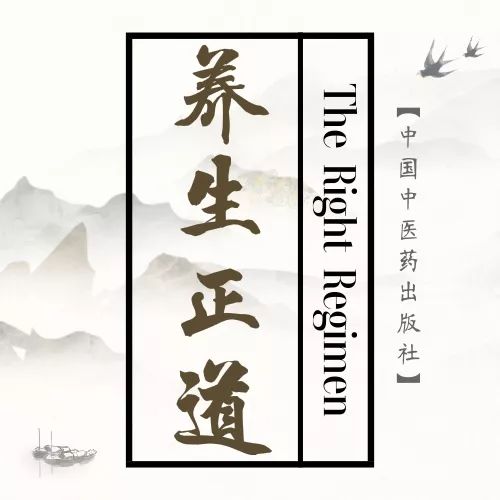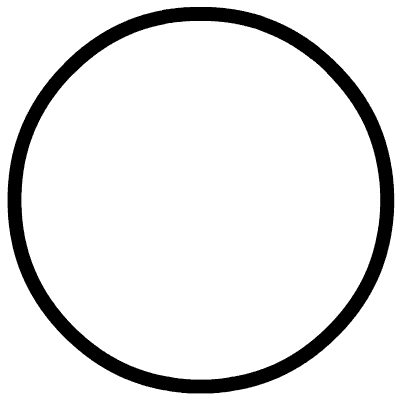↑ Click the above 【Health Preservation Path】 to follow us ↑
Introduction:
Anemia is a term exclusive to Western medicine and does not equate to the concept of blood deficiency in Traditional Chinese Medicine (TCM). “The error in this case lies in the physician mistakenly equating the Western diagnosis of ‘anemia’ with the TCM pattern of blood deficiency, without following TCM diagnostic principles.”
 Misdiagnosis of Anemia and Qi-Blood Deficiency
Misdiagnosis of Anemia and Qi-Blood Deficiency
Compiled by/He Xueze
Case of Misdiagnosis
Zhao, female, 40 years old, farmer, first diagnosed on October 8, 1991. The patient reported feeling heavy in the head and body after getting wet from rain following sweating, with symptoms of chest tightness, nausea, fatigue, poor appetite, constipation, dizziness, palpitations, and shortness of breath.
Physical examination revealed a thin body, pale complexion, red tongue with greasy yellow coating, and a pulse that was slippery, thin, and rapid. Blood tests indicated ‘anemia’, and the patient was treated with Gui Pi Tang (Return the Spleen Decoction) to tonify Qi and blood.

After 4 doses, the patient experienced persistent chest tightness, fullness, restlessness, insomnia, a red tongue with yellow greasy coating, and a rapid, strong pulse. After further consideration, I concluded that this condition was misdiagnosed and mismanaged.
Subsequently, I changed the treatment to Zhi Shi Zhi Zhi Tang (Bitter Orange and Gardenia Decoction) to clear heat, transform dampness, and relieve fullness. After 3 doses, symptoms slightly improved. Further differential diagnosis led to the prescription of Xue’s Wu Ye Lu Gen Tang (Five-Leaf Reed Decoction) combined with Zhu Ye Shi Gao Tang (Bamboo Leaf and Gypsum Decoction), and after 5 doses, the patient was effectively treated, and the anemia resolved.【Sichuan Traditional Chinese Medicine, 1996, 14(8)】
Analysis of Misdiagnosis
The error in this case was the physician’s mistake in equating the Western diagnosis of ‘anemia’ with the TCM pattern of blood deficiency, without adhering to TCM diagnostic principles.
The patient reported feeling heavy in the head and body, chest tightness, nausea, fatigue, poor appetite, constipation, a slightly yellow and greasy tongue, and a slippery, thin, and rapid pulse, all indicative of damp-heat. The condition was caused by damp-heat obstructing the middle jiao (Spleen and Stomach).
Although the patient exhibited symptoms of dizziness, palpitations, shortness of breath, and a pale complexion, which are signs of blood deficiency, these were not the primary concern. Moreover, supplementing blood in the presence of dampness would exacerbate the condition by obstructing the Spleen and Stomach, worsening the patient’s situation. Once the dampness is resolved, the Spleen and Stomach will strengthen, and the blood deficiency will self-correct.

Recommended Reading
《A True Renowned TCM Physician: Clinical Cases of Xiong Jibai 1》
This book selects clinical cases that reflect Professor Xiong Jibai’s academic thoughts, clinical reasoning, and experience, covering nearly 100 diseases in internal medicine, surgery, gynecology, pediatrics, emergency medicine, and difficult and unusual diseases. It is hoped that Professor Xiong Jibai’s rich clinical experience can be shared with those aspiring to become qualified, good, and renowned TCM practitioners.

Health Preservation Path
Copyright Statement
This article is excerpted from 《Medical Misdiagnosis》,compiled by He Xueze, published by China Traditional Chinese Medicine Press, copyright belongs to the relevant rights holders. Allimages are copyright images purchased by the publisher from the image network, please do not steal images.
For commercial cooperation or submissions: [email protected]
 Click “Read the Original” to purchase recommended books on the WeChat Youzan platform
Click “Read the Original” to purchase recommended books on the WeChat Youzan platform

